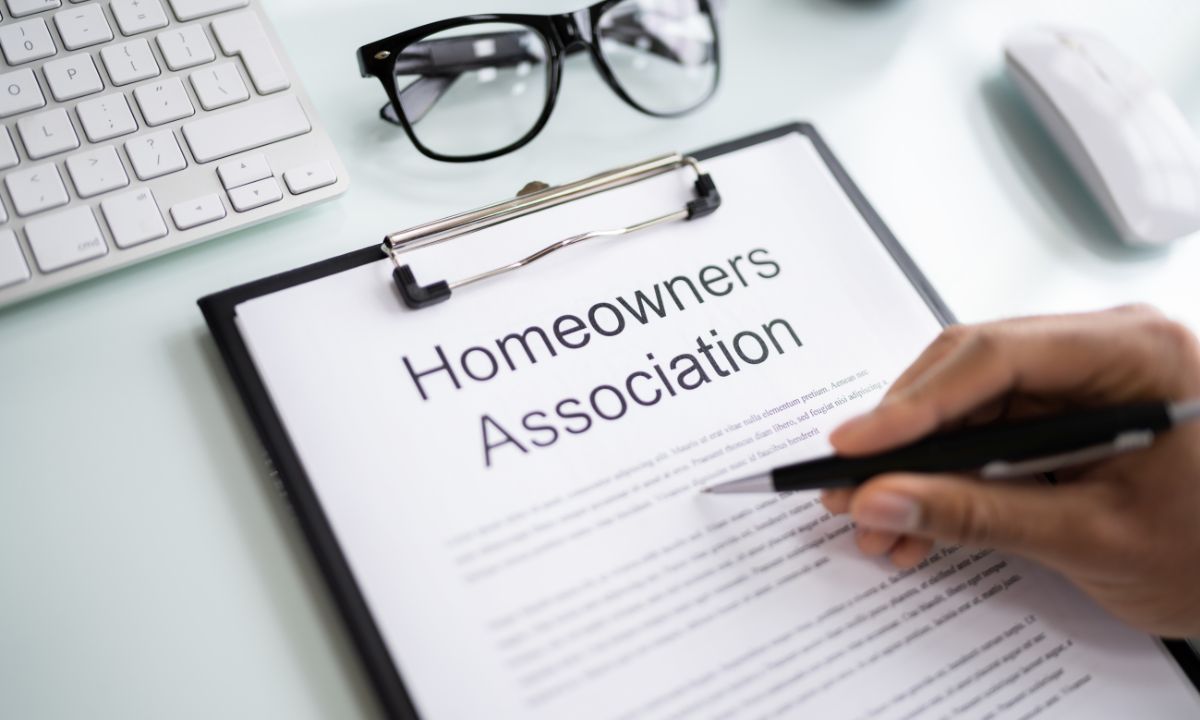
When you purchase a home within a community governed by a Homeowners Association (HOA), you’re committing to a unique set of rules and responsibilities. Understanding HOA documents is crucial to ensure you’re fully aware of your rights and obligations as a homeowner. Here’s what you need to know and when to ask questions.
What Are HOA Documents?
HOA documents, also known as governing documents, include several key components:
- Covenants, Conditions, and Restrictions (CC&Rs): These are the rules that dictate what you can and cannot do with your property. They cover everything from architectural guidelines to pet restrictions.
- Bylaws: These outline how the HOA operates, including the election of board members, meeting procedures, and how rules are enforced.
- Articles of Incorporation: This document establishes the HOA as a legal entity.
- Rules and Regulations: These are specific rules set by the HOA board, which can be more detailed than the CC&Rs.
- Financial Documents: These include budgets, financial statements, and reserve studies, providing insight into the HOA’s financial health and how your dues are being utilized.
Key Points to Understand
1. Restrictions and Permissions
Read through the CC&Rs to understand the restrictions on your property. These might include limitations on exterior modifications, landscaping, and even parking. Knowing these rules beforehand can prevent future conflicts and unexpected fines.
2. Financial Obligations
HOA dues are a critical aspect of living in a managed community. Review the financial documents to see how much you’ll be paying, what the dues cover, and how often they might increase. Ensure the HOA has a reserve fund for major repairs and emergencies.
3. Enforcement and Penalties
Understanding how the HOA enforces its rules and the penalties for violations is essential. Check the bylaws, rules, and regulations to know what actions can lead to fines or legal action.
4. Dispute Resolution
The documents should outline procedures for resolving disputes between homeowners and the HOA. Familiarize yourself with these processes to be prepared if issues arise.
5. Community and Board Meetings
Participation in community and board meetings is vital. The bylaws will indicate how often meetings are held and how homeowners can get involved. Active participation can give you a voice in community decisions.
When to Ask Questions
- Before Purchasing: Always request and thoroughly review the HOA documents before finalizing your home purchase. If anything is unclear or seems concerning, ask your real estate agent or a legal professional for clarification.
- When Changes Occur: If the HOA proposes changes to the governing documents or rules, review them carefully. Ask questions about how the changes will affect you and the community.
- Upon Receiving Notices: If you receive a violation notice or a fine, don’t hesitate to ask for specifics on what rule was violated and what steps you need to take to rectify the situation.
- Budget Increases: When there is a proposed increase in HOA dues, request detailed information on why the increase is necessary and how the additional funds will be used.
- Before Major Projects: If the HOA plans a major project, such as road repairs or building upgrades, ask for a copy of the project plan and budget to understand how it will impact the community and your finances.
Understanding HOA documents is essential for a smooth and enjoyable living experience in a managed community. Taking the time to read and ask questions about these documents can prevent misunderstandings and ensure you are well-informed about your rights and responsibilities as a homeowner.

